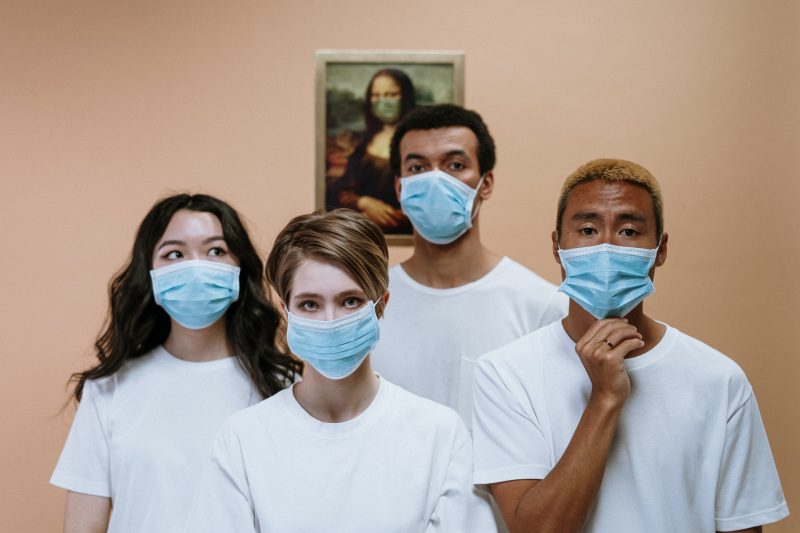
(Jane E. McArthur/ The Conversation) — Health-care workers in Ontario — a workforce that is predominantly women, many of whom are racialized — have been made especially vulnerable during the COVID-19 pandemic.
The risk of being infected with COVID-19, the lack of preparedness by governments, little success in arguing for better protection and being barred from speaking publicly have left health-care workers feeling angry, fearful and sacrificed. The vulnerability and physical and mental health impact on health-care workers also affects health-care delivery to the public.
The COVID-19 pandemic changed the landscape of the health-care system. Health-care workers have been disproportionately infected, making up nearly 20 per cent of cases, higher than the global rate among health-care workers. Meanwhile, worldwide shortages of N95 masks influence local protection guidelines.
After the Severe Acute Respiratory Syndrome (SARS) outbreak in 2003, an independent commission provided a roadmap for handling future pandemics. Recommendations included that N95 masks be available to health-care workers at all times. But governments disposed of expired N95s and other medical supplies and failed to replace them. (…)